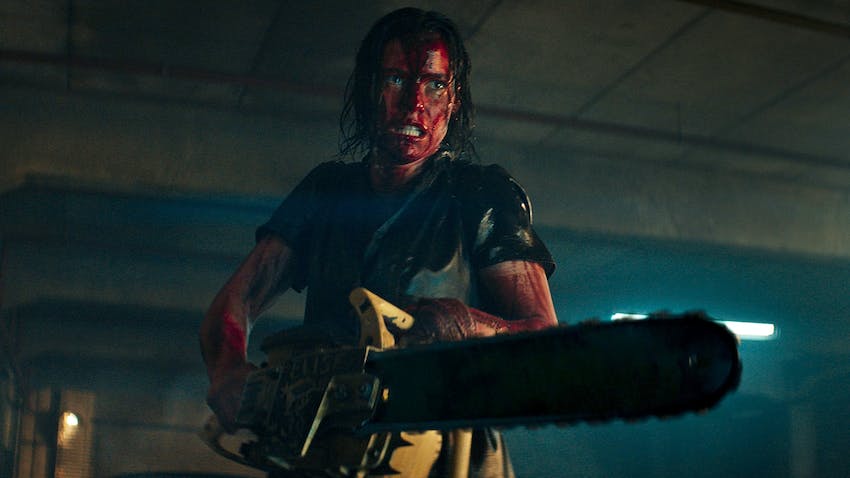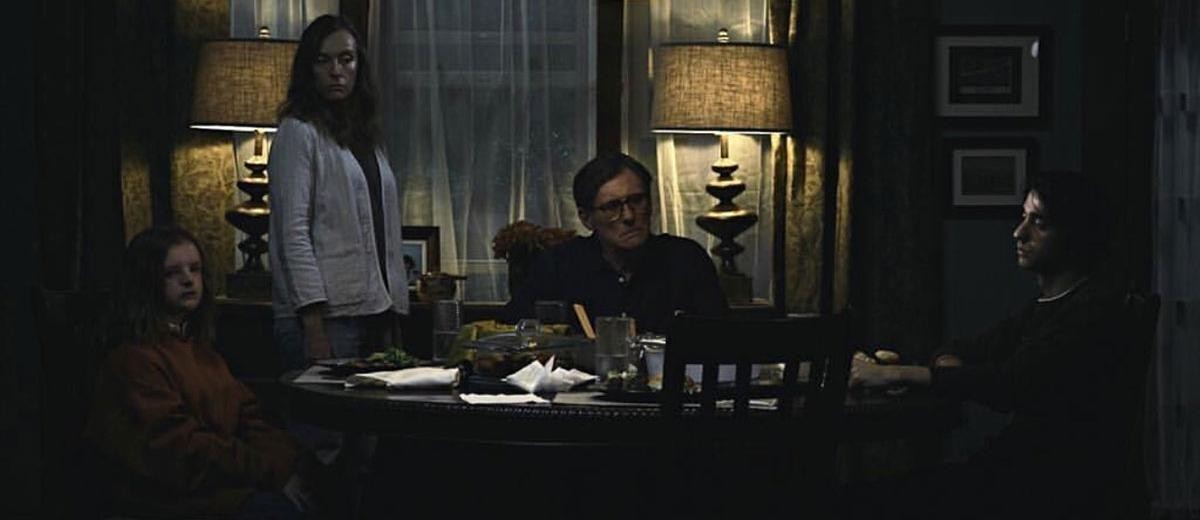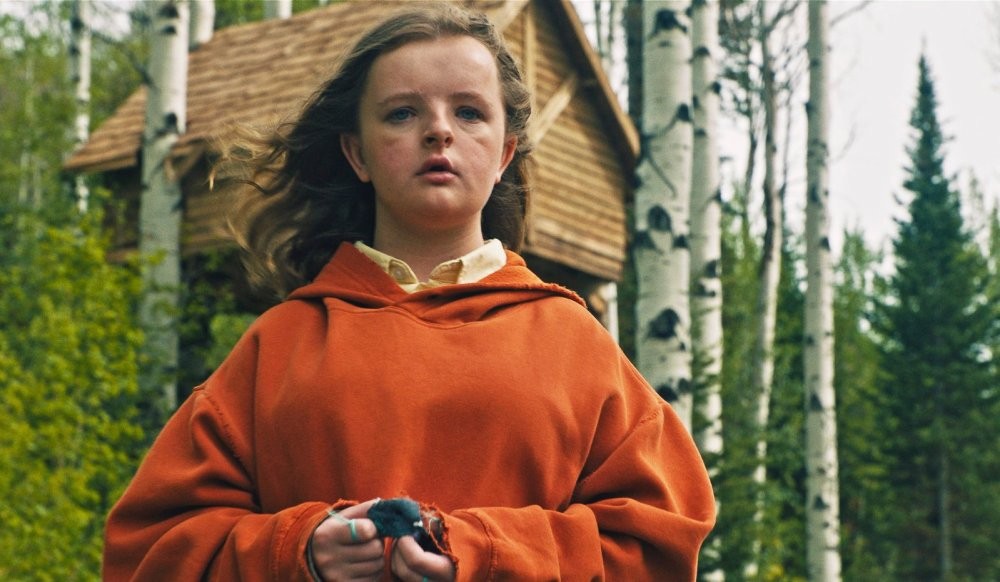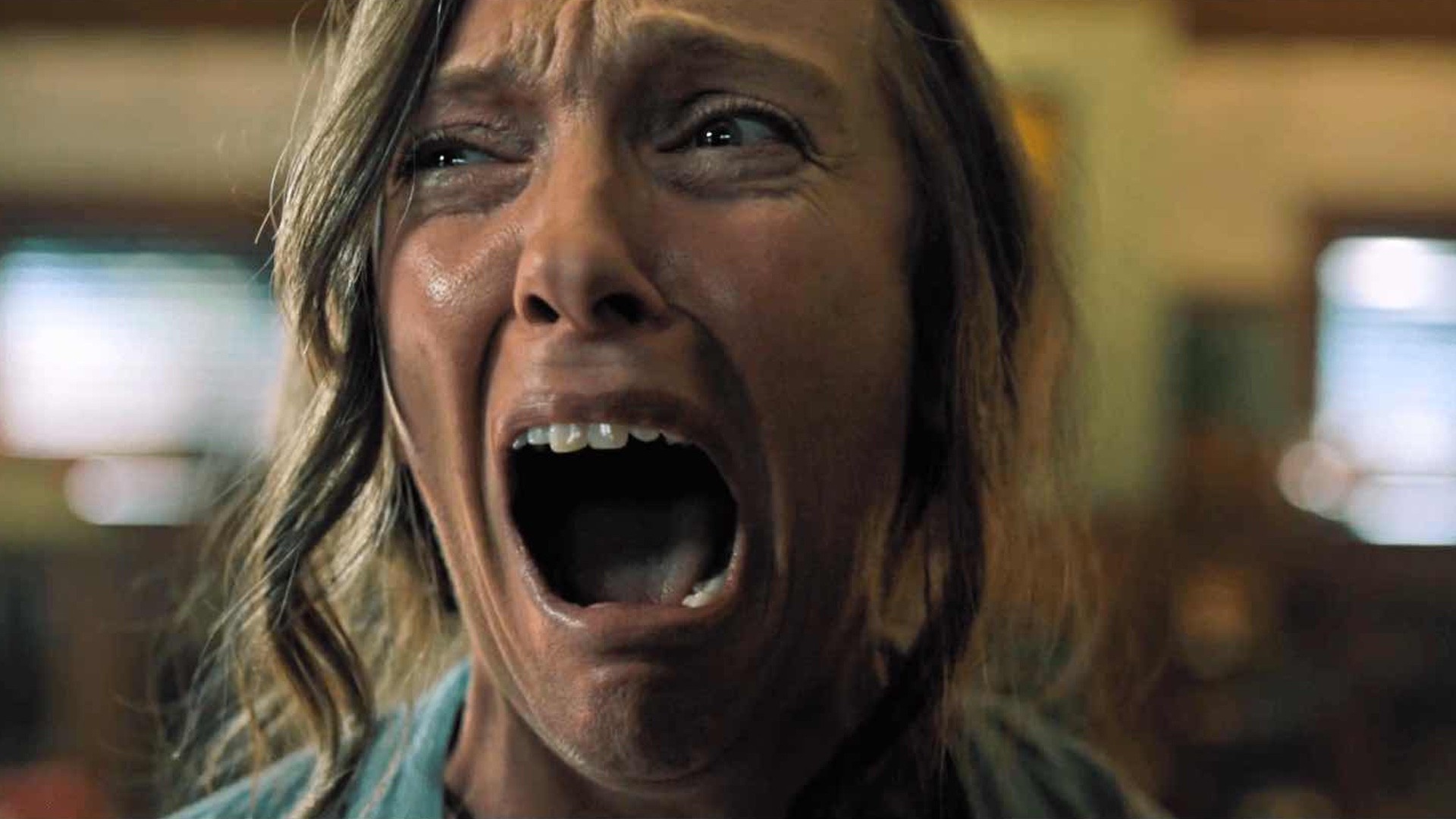I know I say this a lot, but this time I really mean it: It’s a big weekend at the movies. While The Super Mario Bros. Movie continues to stack coins, there’s a whole slew of new releases, and a bunch of them look good.
First up is Evil Dead Rise. Sam Raimi’s 1983 horror film The Evil Dead slowly revolutionized the genre as its cult spread via VHS. In the 2000’s, the director would revolutionize the superhero genre with his still-undefeated Spider-Man trilogy. Now, Raimi has passed the reins to Irish director Lee Cronin for Evil Dead Rise, which has caught a lot of buzz in horror circles. In true Evil Dead fashion, it’s cheap ($15 million) and nasty. This is the Flyer, so I’m linking to the Red Band trailer.
Coming off an Indie Memphis preview screening, How To Blow Up A Pipeline is only playing on one screen in Cordova, but it may be the most consequential movie of the year. Director Daniel Goldhaber and actor Ariela Barer adapted author Andreas Malm’s 2021 nonfiction book about radical eco-activists. A diverse group of people, radicalized by different things, band together to destroy an oil pipeline in West Texas.
Ari Aster is nothing if not divisive, and his latest is no different. Hereditary was a startling adrenaline rush with an all-time great performance from Toni Collette. Midsomer was a super creepy folk horror riff that helped make Florence Pugh an A-list actor. With Beau Is Afraid, Aster is again teaming up with an actor willing to do anything: Joaquin Phoenix plays Beau, who exists in a constant state of low- to medium-level panic attack. Co-starring as people causing Beau discomfort are Patti Lupone, Nathan Lane, Amy Ryan, and Parker Posey.
Chevalier de Saint-Georges was a French musician widely regarded as the first African-descended person to achieve musical success in Europe. He fought racism in the aristocratic circles where he played, then put down his violin and picked up a sword to fight in the French Revolution. Kevin Harrison, Jr. stars as Chevalier and Lucy Boynton as Marie Antoinette.
On Wednesday, April 26th, at Studio on the Square, Indie Memphis is throwing a benefit for OUTMemphis. Dressed In Blue is a groundbreaking 1983 film from Spain about six trans women who were feeling out the new world after the country had just emerged from decades of fascism under Franco. Vestida de Azul, as it is known in Spain, was directed by Antonio Giménez-Rico, and was unseen in the English speaking world for decades.



